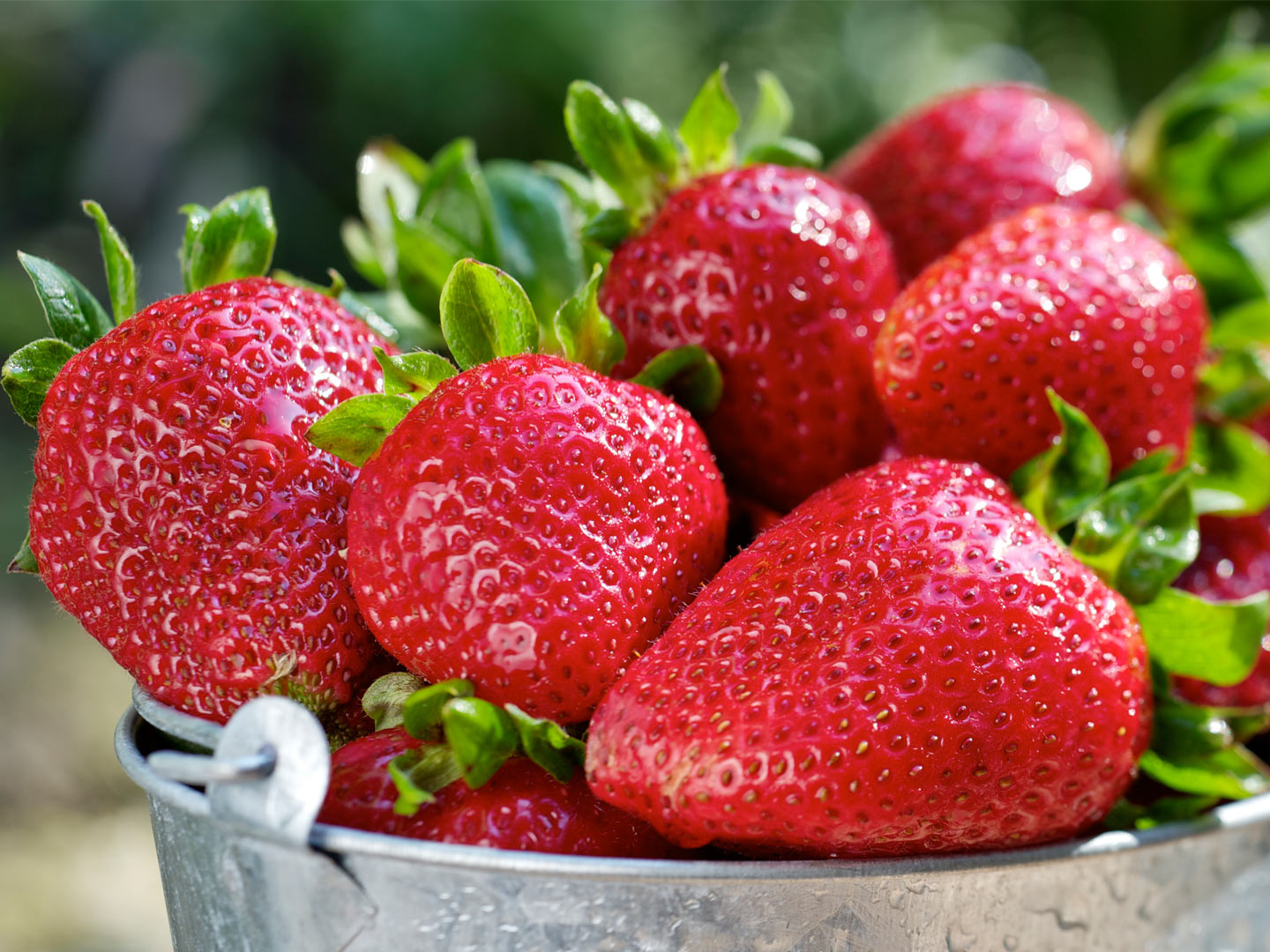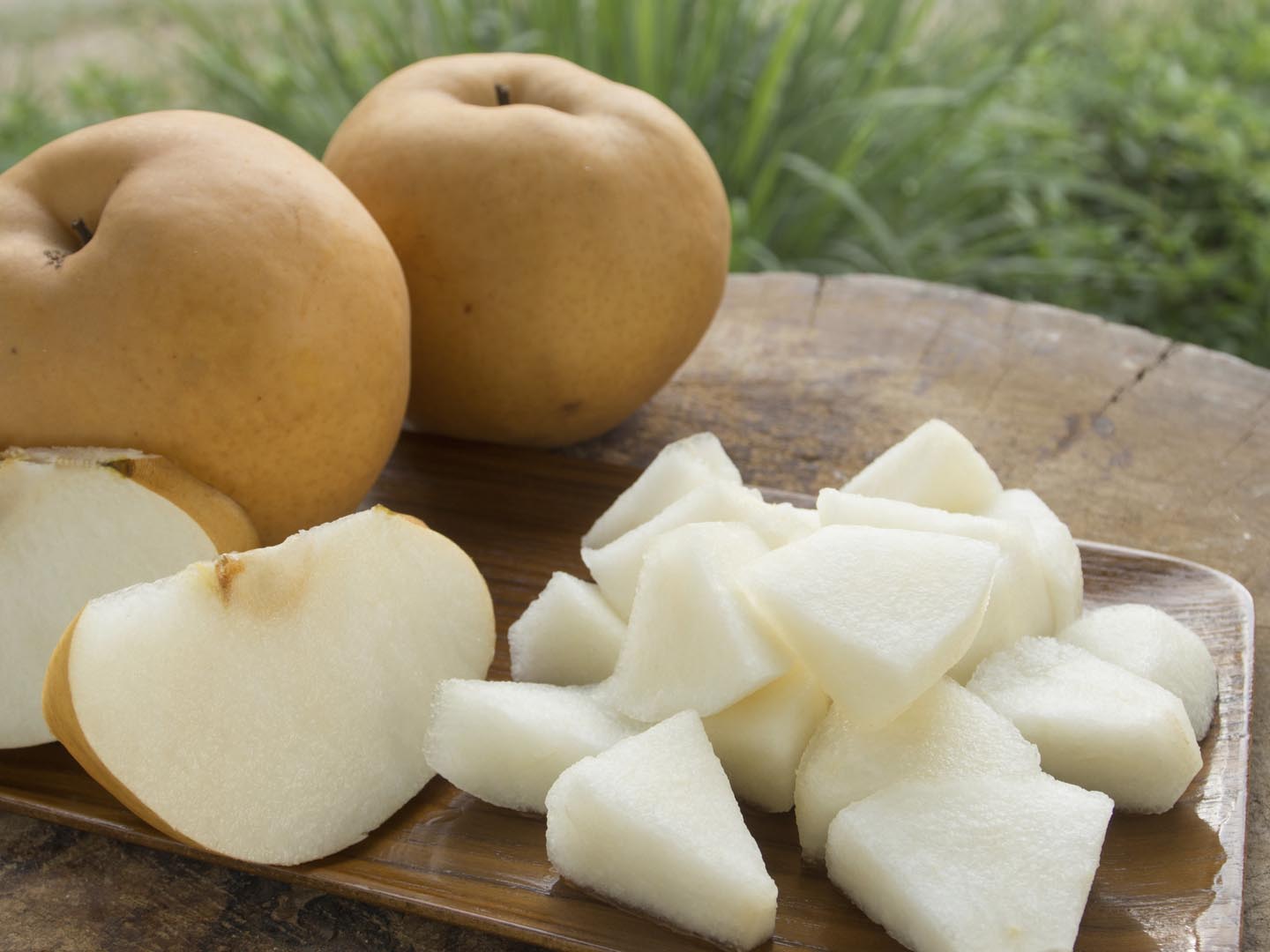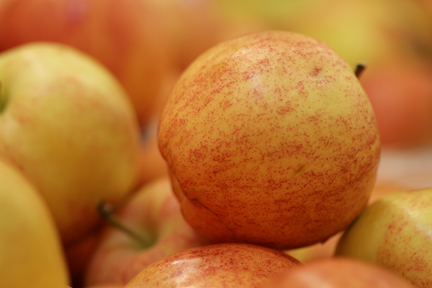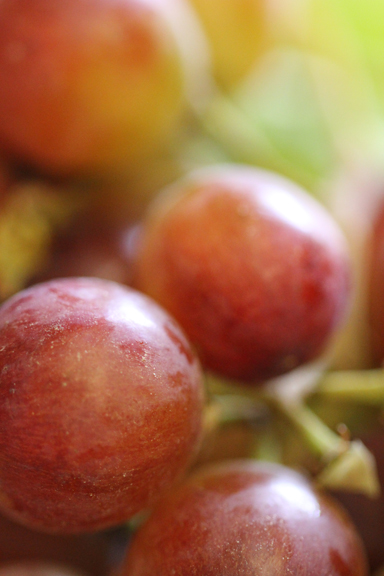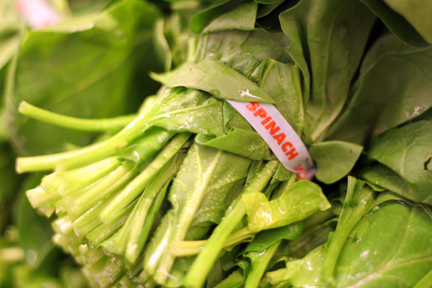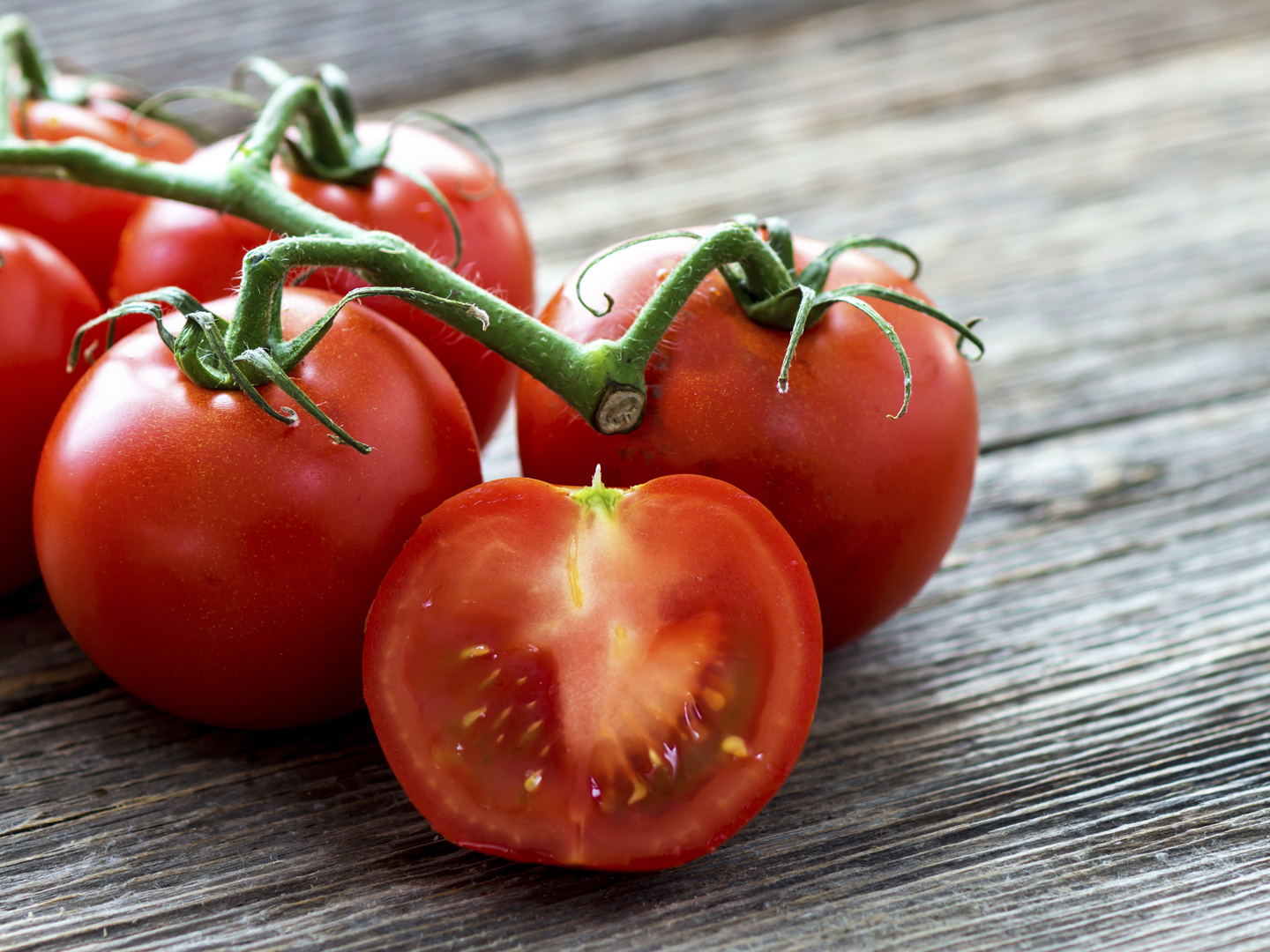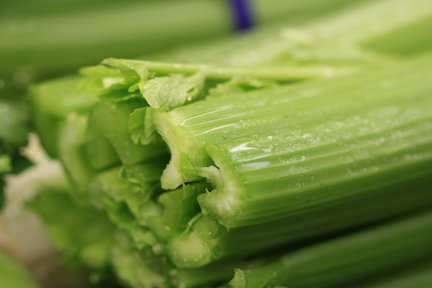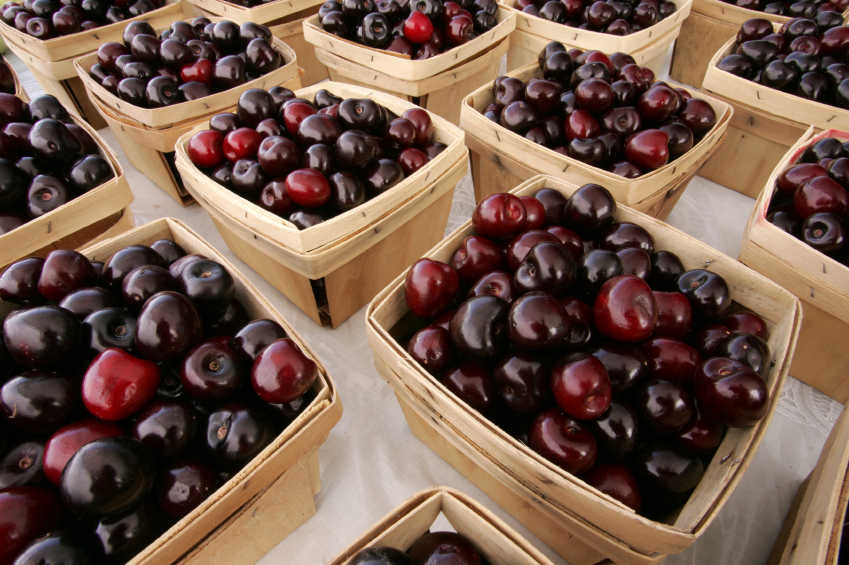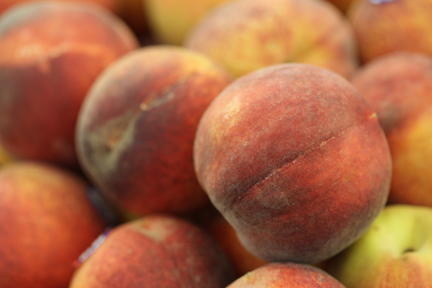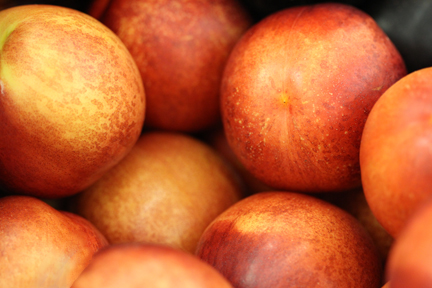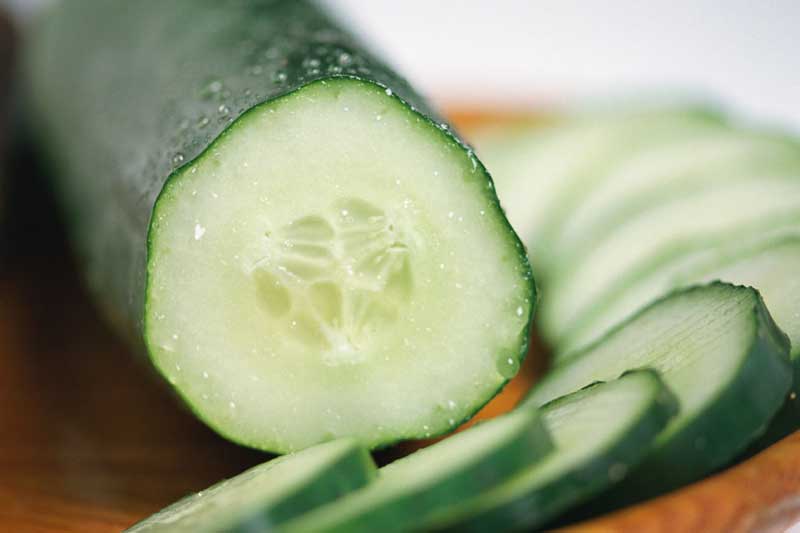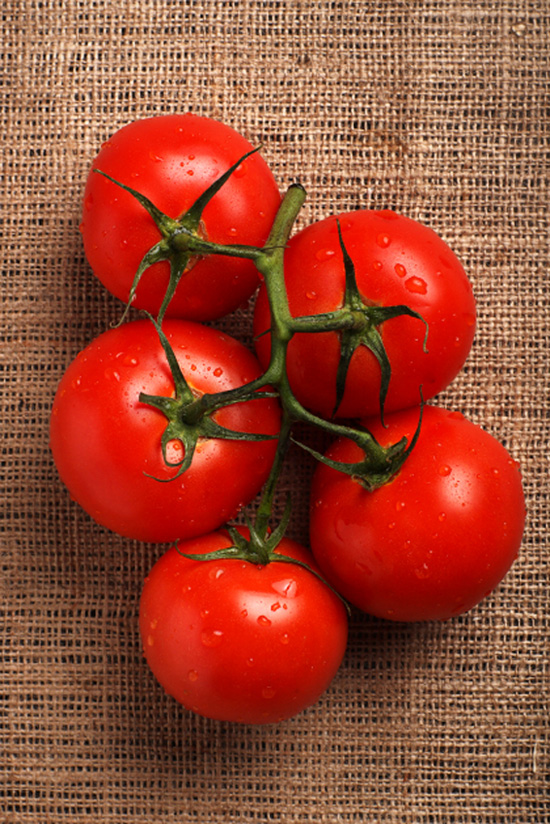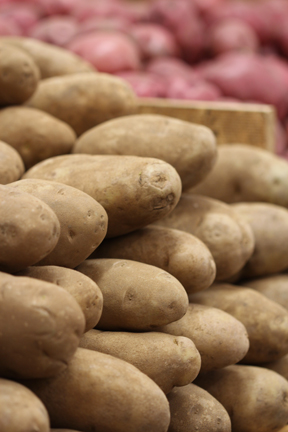The Dirty Dozen Plus
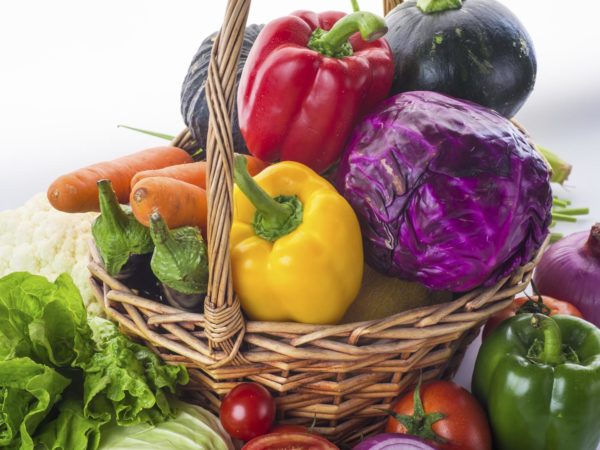
Eating fresh produce is the best way to obtain the nutrients that support optimum health, but the pesticides used on many crops remain a major health concern. By choosing organic foods, you can reap the health benefits of fruits and vegetables without exposing yourself and your family to potentially harmful chemicals. Pesticides present real health risks, particularly to children and those with health concerns. The toxicity most commonly associated with pesticides in animal studies include disruptions in the normal functioning of the nervous and endocrine system, and increased risks of cancer.
Learn more:
See more photo galleries here.


